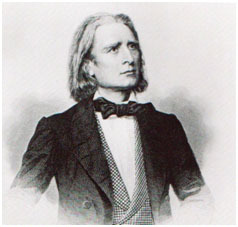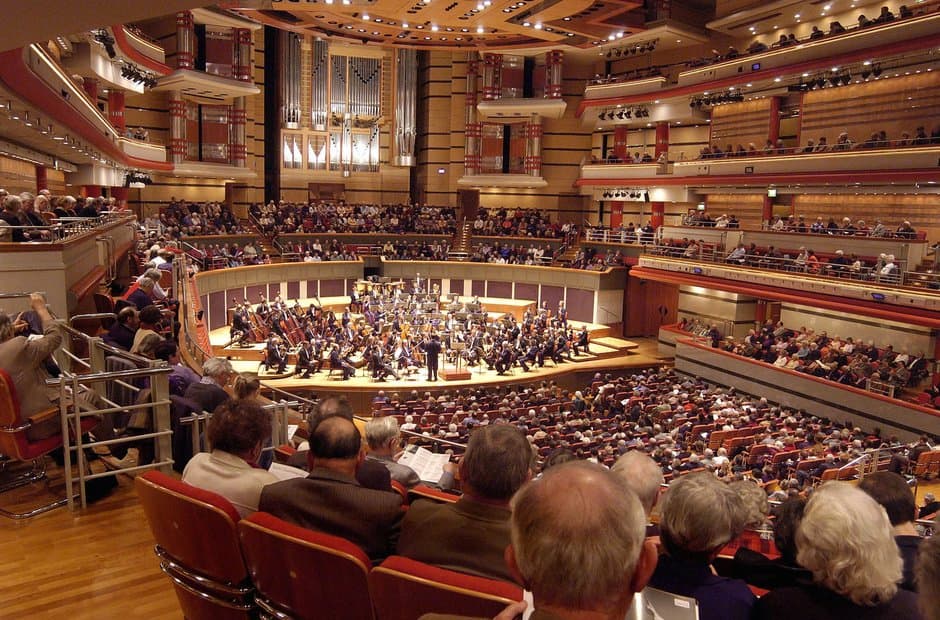
Søren Kierkegaard
Credit: http://www.memo.fr/
But first things first. What do I mean by improvisation? I want to dispel the idea that improvisation means simply doing something without preparation: it doesn’t. For instance, I cannot play the piano: if I sat down in front of the keyboard and randomly pressed the keys, that would not be improvisation, only noise. Improvisation means more than this; it requires a high degree of expertise, it and preparation, coming from time and effort spent in learning, practicing and rehearsing.
Of course, preparation and rehearsing alone are not enough. They do not amount to creation – perhaps they might add to incremental change, but not to originality. The fundamental difference is that rehearsing is an attempt to re-create something that has already been: an ideal which was set on the page, or which was once played, and since one remembers it, through rehearsing one tries to replicate it. Like a photocopier machine, the person doing this is just copying the model, over and over. Meanwhile, improvisation adds a new page to it.
It seems to me there are three main steps to improvisation.
First of all, improvisation requires at the most fundamental level a high level of openness to external factors. A photocopier’s life is fundamentally flawed (besides, when adopted by humans, creating a nightmarish cycle of neurosis and frustration): we will never be able to perfectly replicate a moment. Like a photocopy, the re-creation is never as good as the original. It is fine for rehearsing, but not for a finished work. To create a special moment requires an infinite number of variables converging in specific ways, which can never be replicated artificially. Life in the replication mode wildly overestimates one’s own power to control reality: it implies that I can recreate a moment, because what made that moment special was my action. Rather, what made that moment special was accepting that there are factors external to me which I cannot control, that I allow myself to absorb and interact with all these externalities – essentially, it was about surrender.

Franz Liszt
Ultimately, if one is truly serious about all that learning and preparation, one cannot help but end up in improvisation. Because if one truly takes in the lessons one should be finding in the materials of learning, one is inevitably learning how to do it for oneself, how to create. If you are not learning that, you are not really learning at all; you are just memorizing, rote-reading and regurgitating imperfect recollections of what you have been told. However, to truly learn is to set one’s own brain processes to work towards creation. It is difficult, no doubt, to practice so much and not practice yourself numb, but retaining a consciousness of purpose is key to improvisation.
Even if one has managed to develop this balance between openness and preparation, there is one final test required for improvisation – courage. Not in the sense of bravery, but in the sense of expressing one’s innermost self; the word comes from the Latin cor- (“heart”), denoting one’s deepest feelings. That is why Kierkegaard said that courage is the opposite of Angst. So, again, if one has truly learnt, one has learnt to reflect on one’s own feelings and passions, and to identify one’s path. This is the direction which will guide one’s improvisation, which will imbue meaning into one’s existence, making it one’s life.
Liszt improvisation





